Join All Beings Zen Sangha for a day of Zazen. We will have a few people in the urban zendo and others joining via the cloud zendo.
Use this link to join. If asked for a password use 189611
Please put your zoom in gallery mode, and keep your video link on while muting your mic until the end of the service – Feel welcome to face away from your device camera while keeping your presence visible in the frame for others in attendance to see and know you are there. Please refrain from moving your device around while others are sitting zazen with you.
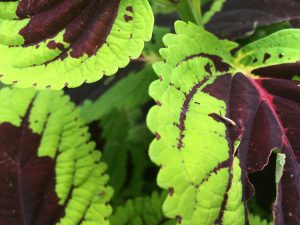
8am Robe Chant & and start of Zazen
8:30 Service
8:40am Soji (Temple Cleaning)
9:15 Zazen
9:45 Kinhin (slow walking)
10:25 Outside Kinhin (faster pace and litter clean up)
11:00 Indoor Kinhin (slow walking)
11:10 Dharma Talk
12 – 1 Lunch Break
1:00 Zazen
1:30 Kinhin
1:40 Zazen
2:10 Kinhin
2:20 Zazen
2:50 Closing & Chanting of Refuges
Order of Service
Robe Chant before zazen.
Forty minute period of zazen
After zazen: Four Great Vows
Hymn to the Perfection of Wisdom
Heart Sutra in English
Shosaimyo Kichijo Dharani (Dharani for avoiding calamity) chanted 3 times
If your schedule allows please stay on the zoom call to do a brief check-in after the service is concluded.
ROBE CHANT
DAI SAI GE DA PU KU
MUSO FUKU DEN E
HI BU NYORAI KYO
KO DO SHOSHU JO
Great robe of liberation
Field far beyond form and emptiness
Wearing the Tathagata’s teaching
Saving all beings.
After Zazen
The Four Great Vows
Beings are numberless; I vow to save them.
Delusions are inexhaustible; I vow to end them.
Dharma Gates are boundless; I vow to enter them.
Buddha’s way is unsurpassable; I vow to become it.
After Koan reading
Dharana for avoiding calamity
Hymn to the Perfection of Wisdom
Homage to the Perfection of Wisdom, the lovely, the holy.
The Perfection of Wisdom gives light. Unstained, the entire
world cannot stain her. She is the source of light, and from
everyone in the triple world she removes darkness.
Most excellent are her works. She brings light so that all
fear and distress may be forsaken, and disperses the gloom
and darkness of delusion. She herself is an organ of vision.
She has a clear knowledge of the own-being of all dharmas,
for she does not stray away from it. The Perfection of Wisdom
of the Buddhas sets in motion the Wheel of Dharma.
Heart of Great Perfect Wisdom Sutra
Avalokiteshvara Bodhisattva,
when deeply practicing prajña paramita,⨀
clearly saw that all five aggregates are empty
and thus relieved all suffering.
Shariputra,
form does not differ from emptiness,
emptiness does not differ from form.
Form itself is emptiness,
emptiness itself form.
Sensations, perceptions, formations,
and consciousness are also like this.
Shariputra,
all dharmas are marked by emptiness;
they neither arise nor cease,
are neither defiled nor pure,
neither increase nor decrease.
Therefore, given emptiness, there is
no form, no sensation, no perception,
no formation no consciousness;
no eyes, no ears, no nose, no tongue,
no body, no mind;
no sight, no sound, no smell, no taste,
no touch, no object of mind;
no realm of sight… no realm of mind consciousness
There is neither ignorance nor extinction of ignorance…
neither old age and death,
nor extinction of old age and death;
no suffering, no cause, no cessation, no path;
no knowledge and no attainment.
With nothing to attain,
a bodhisattva relies on prajña paramita,⨀
and thus the mind is without hindrance.
Without hindrance, there is no fear.
Far beyond all inverted views, one realizes nirvana.
All buddhas of past, present, and future
rely on prajña paramita ⨀ and thereby attain
unsurpassed, complete, perfect enlightenment.
Therefore, know the prajña paramita ⨀ as
the great miraculous mantra,
the great bright mantra,
the supreme mantra,
the incomparable mantra,
which removes all suffering
and is true, not false.
Therefore we proclaim the prajña paramita ⨀ mantra,
the mantra that says:
“Gate Gate ⨀ Paragate ⨀ Parasamgate Bodhi Svaha.” ∅
Shosaimyo Kichijo Dharani
(Auspicious Dharani or Spell For Averting Calamity)
NO MO SAN MAN DA
MOTO NAN
OHA RA CHI KOTO SHA
SONO NAN TO JI TO
EN GYA GYA
GYA KI GYA KI
UN NUN SHIFU RA SHIFU RA
HARA SHIFU RA HARA SHIFU RA
CHISHU SA CHISHU SA
CHISHU RI CHISHU RI
SOHA JA SOHA JA
SEN CHI GYA
SHIRI EI SO MO KO
All Buddhas
All Buddhas, ten directions,
Three times
All Honored Ones, Bodhisattvas-Mahasattvas
Wisdom beyond wisdom
Maha Prajna Paramita
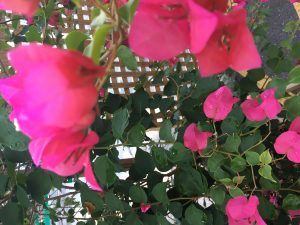 Tuesday Dharma Tea at Two pm: Inryū Sensei will lead the discussion about the “Enmei” on September 14th, 2021 at 2pm. Use this link to join
Tuesday Dharma Tea at Two pm: Inryū Sensei will lead the discussion about the “Enmei” on September 14th, 2021 at 2pm. Use this link to join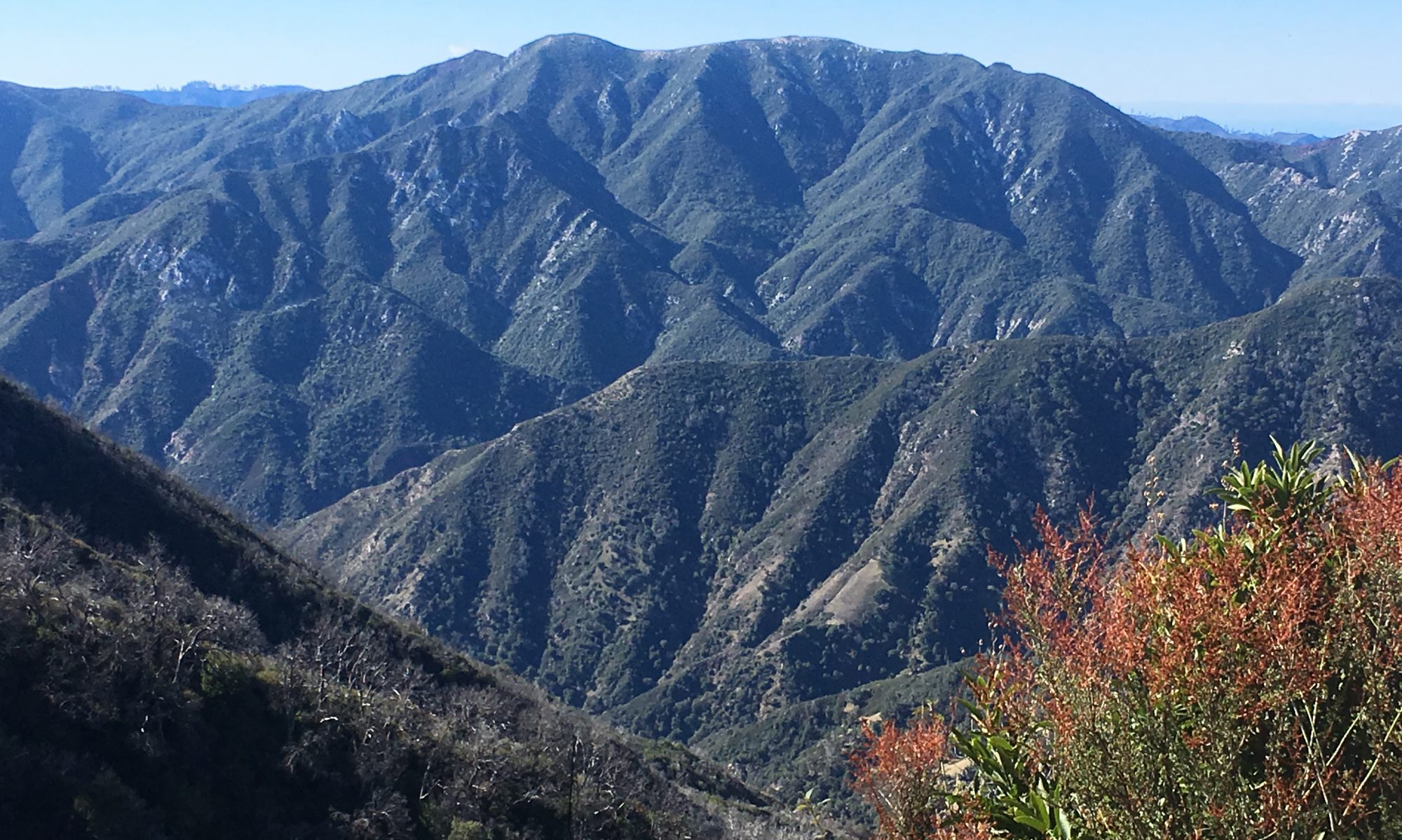
 Tuesday Dharma Tea at Two pm: Inryū Sensei will lead the discussion about the “Sandokai” “Harmony of Difference and Equality” on September 7th, 2021 at 2pm. Use this
Tuesday Dharma Tea at Two pm: Inryū Sensei will lead the discussion about the “Sandokai” “Harmony of Difference and Equality” on September 7th, 2021 at 2pm. Use this 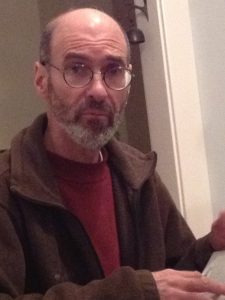 Tuesday August 31, 2021 2pm EDT Dharma Tea and Discussion – This tea will be lead by Senior Lay Practioner Myoshin Carlos Moura on the topic of ‘Dogen Zenji speaks to the Heart Sutra”.
Tuesday August 31, 2021 2pm EDT Dharma Tea and Discussion – This tea will be lead by Senior Lay Practioner Myoshin Carlos Moura on the topic of ‘Dogen Zenji speaks to the Heart Sutra”.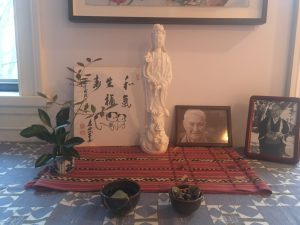
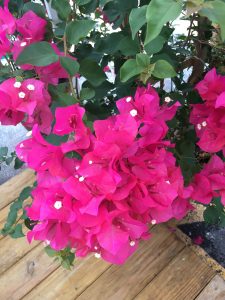
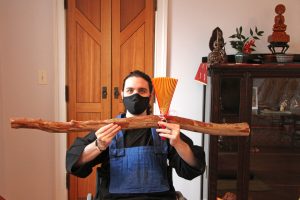 – This tea will be lead by our All Beings Zen Sangha most recent former Shuso Tendo Shōryū Chris Leader on the topic of “Flow” . Use this
– This tea will be lead by our All Beings Zen Sangha most recent former Shuso Tendo Shōryū Chris Leader on the topic of “Flow” . Use this 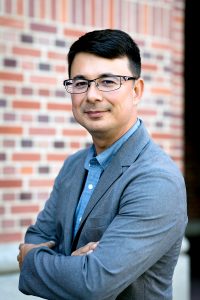
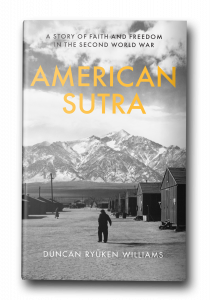 His latest book is
His latest book is 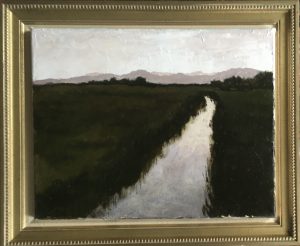 Dharma Tea lead by Sangha member Inryū Sensei on the topic of ““How has a piece of art moved you”? Many of us have experienced a opening or awakening when viewing a piece of art. Please bring an image and
Dharma Tea lead by Sangha member Inryū Sensei on the topic of ““How has a piece of art moved you”? Many of us have experienced a opening or awakening when viewing a piece of art. Please bring an image and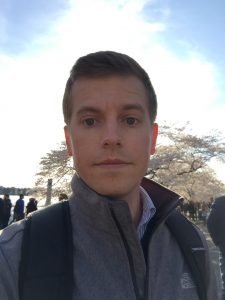 Dharma Tea lead by Sangha member Alex Langlinais on the topic of “Our experience of the world is built by our minds”.
Dharma Tea lead by Sangha member Alex Langlinais on the topic of “Our experience of the world is built by our minds”.